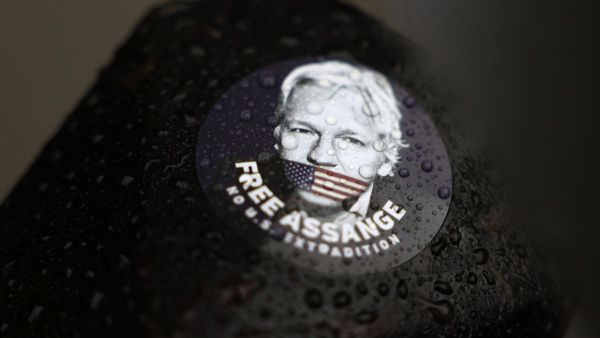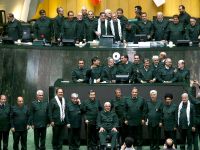ALBAWABA - Julian Assange, the founder of WikiLeaks, was successful in his appeal on Monday against a decision by a UK court to allow his extradition to the US for an espionage trial.
High Court judges in London granted Assange permission to appeal the extradition ruling having previously asked Washington to provide "satisfactory assurances" about free speech protections at any US trial.
Assange's legal team argued that, as a foreign national who was born in Australia, he might be subject to discrimination because of his nationality.
The London judges issued a brief verdict in which they declared that the US representations were insufficient and granted Assange permission to file a complete appeal with regard to the issues of nationality and freedom of speech. The complete appeal has not yet been scheduled.
The judges sought several assurances, especially from the US that it would not pursue the death penalty for the 52-year-old Australian citizen, which caused the court to postpone its judgment on extradition in March.
Assange has been taking refuge at the Ecuadorian embassy in the English city for almost seven years in an effort to avoid arrest. He has spent the last five years in the high-security Belmarsh prison in London, where he argued that there is a political motive behind his extradition.
As a result of the court's decision on Monday, Assange's legal status will remain challenged and any removal will be further delayed. The subject of Monday's legal debate was whether Assange will be granted First Amendment rights.
Assange is wanted on 17 counts of acquiring classified military secrets, breaking into a Pentagon computer network, and breaking the U.S. Espionage Act. He might receive a sentence of up to 175 years in jail if found guilty.
Assange has been detained at the high-security Belmarsh Prison in southeast London since April 2019; the decision will extend his stay there. Following the publication of hundreds of thousands of secret papers regarding the wars in Afghanistan and Iraq, Assange was the target of legal action in 2010.
While the United States claimed that the leak of secret papers jeopardized the lives of its agents, Assange's supporters argue that his work embodies essential public interest journalism.







